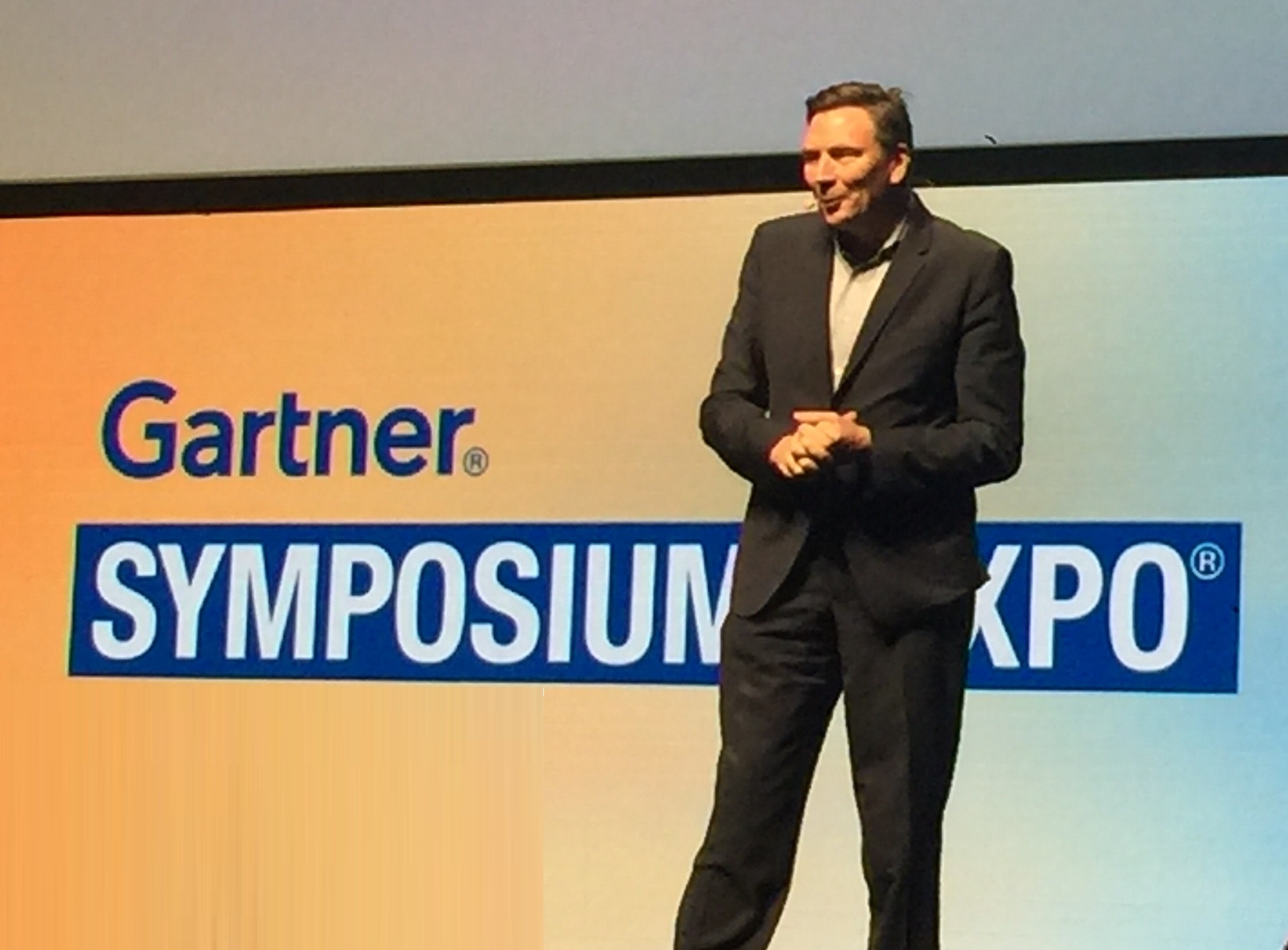Thodey reflects on Telstra to drum in importance of reinvention

David Thodey, chairman of the Commonwealth Scientific and Industrial Research Organisation (CSIRO) and the former CEO of Australia's incumbent telecommunications provider Telstra, has reflected on his tenure of transformation at the telco, and urged business leaders to change or risk becoming irrelevant.
"When I became CEO of Telstra it was a turbulent time in Australia," he said.
"Nobody liked Telstra, I didn't get invited to any lunches, nobody would even talk to me, and there were cartoons about me being wrapped in copper, being beaten up by Canberra politicians."
It was an interesting time at Telstra, Thodey said, that required the organisation to take a long, hard look at itself and think about what it stood for as a company.
"We ended up having a good result over five to six years but it was tough," he explained. "And I think it was because we went through that difficult period and were willing to stare into it with a degree of honesty and forthrightness that allowed us to really transition."
Thodey left Telstra early last year, announcing his retirement after spending close to six years transforming Australia's largest telco.
He rose to the role of CEO in 2009 after joining Telstra in 2001 as the group managing director of Telstra Mobiles, before moving to the position of group MD for Telstra Enterprise and Government.
"I'm going to talk a little bit about Telstra, but just a little bit because old CEOs should go away," Thodey said, speaking at Gartner Symposium/ITxpo on Wednesday night.
Thodey explained that during his time as CEO, the telco implemented three strategies over a five-year period that focused on customer service, driving value from Telstra's core business, and all round growth.
"We had to take out every year a billion dollars in cost," he said.
"We had an operating cost of AU$14 billion and our capex was about AU$3.5 billion, we had to take AU$1 billion out and at the same time we had to reengineer our processes, we had to drive complexity and complexity is the curse of every large organisation."
Latest Australian news
The former CEO said the organisation had to go through an enormous amount of change in terms of driving value from its core; it also had to begin digitally enabling every process it had while also driving revenue.
Thodey offered advice to the room full of CIOs in a bid to help them achieve what he did at Telstra.
"The fundamental problem in big organisations is trust," he said. "It is the most debilitating to innovation."
"If you really want to drive innovation into the way you approach work and the way that your organisation works you need to be willing to give people permission to do it."
Speaking of the way organisations have found themselves irrelevant in the digital era, Thodey said that reinvention is of an incredible importance.
"I've seen a business like Telstra that had AU$4 billion of revenue from international calling just disappear in five years," he said. "Just because it was good yesterday does not make it a reason to do it today."
Pointing to his involvement in Telstra's startup accelerator Muru-D, Thodey highlighted the need to reach outside traditional business boundaries to find good ideas
"This completely changed the way we did R&D inside Telstra," he said.
"The biggest change was not actually making that investment, it was the way that the people from the startup community interacted with our people at Telstra. It was amazing."
He said startups bring a new way of thinking into an organisation, but did concede that they do not have legacy systems to deal with.
"There's a sense of reinvention in innovation that's really important," Thodey said.
"The world has changed, the power of ideas, the networked society -- you're only as good as your last idea.
"By the way, I can't fix anybody's service problems that they have with Telstra services -- I'm sorry, but I have no influence anymore."
Last week, Telstra announced its chief information security officer Mike Burgess would be departing the company on November 4.
Burgess' resignation follows the resignation of Telstra CIO Erez Yarkoni in August and the retirement of COO Kate McKenzie in July, as well as the departure of CTO Vish Nandlall amid reports of CV fraud in May.
Disclosure: Asha Barbaschow travelled to Gartner Symposium/ITxpo as a guest of Gartner.
